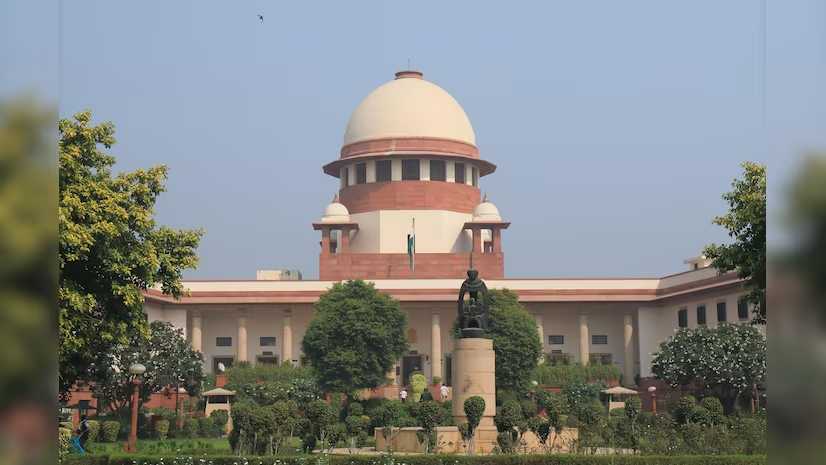'Wholly unconstitutional': SC rules on bulldozer justice by state govts
The Supreme Court on Wednesday ruled that state governments cannot demolish the house of a person accused or convicted of a crime citing their criminal background, saying "executive cannot become a judge", and that failure to follow due process would be dealt with the "heavy hand of the law".
The court observed that if a property is demolished only because a person is an accused, it is "wholly unconstitutional". “The right to shelter is one of the facets of Article 21. Depriving such innocent people of their right to life by removing shelter from their heads, in our considered view, would be wholly unconstitutional,” a bench of Justices BR Gavai and KV Viswanathan said.
“The executive cannot become a judge and decide that a person accused is guilty and, therefore, punish him by demolishing his residential/commercial property/properties. Such an act of the executive would be transgressing its limits,” the court said during hearing pleas challenging house demolitions by state governments in Rajasthan and Madhya Pradesh. In these cases, Muslim tenants were accused of committing crimes that triggered communal tensions.
The court further said that such ‘bulldozer action’ amounts to state officials taking the law into their own hands.
The court also set out guidelines to regulate such demolitions, including a mandatory 15-day notice period for the targeted residents to either challenge the order or get their affairs in order before being evicted. The notice must also spell out the reason(s) for demolition and the date of hearing to challenge the action, the court said. It added that the affected party needs to be given time to challenge the order of demolition before an appropriate forum.

